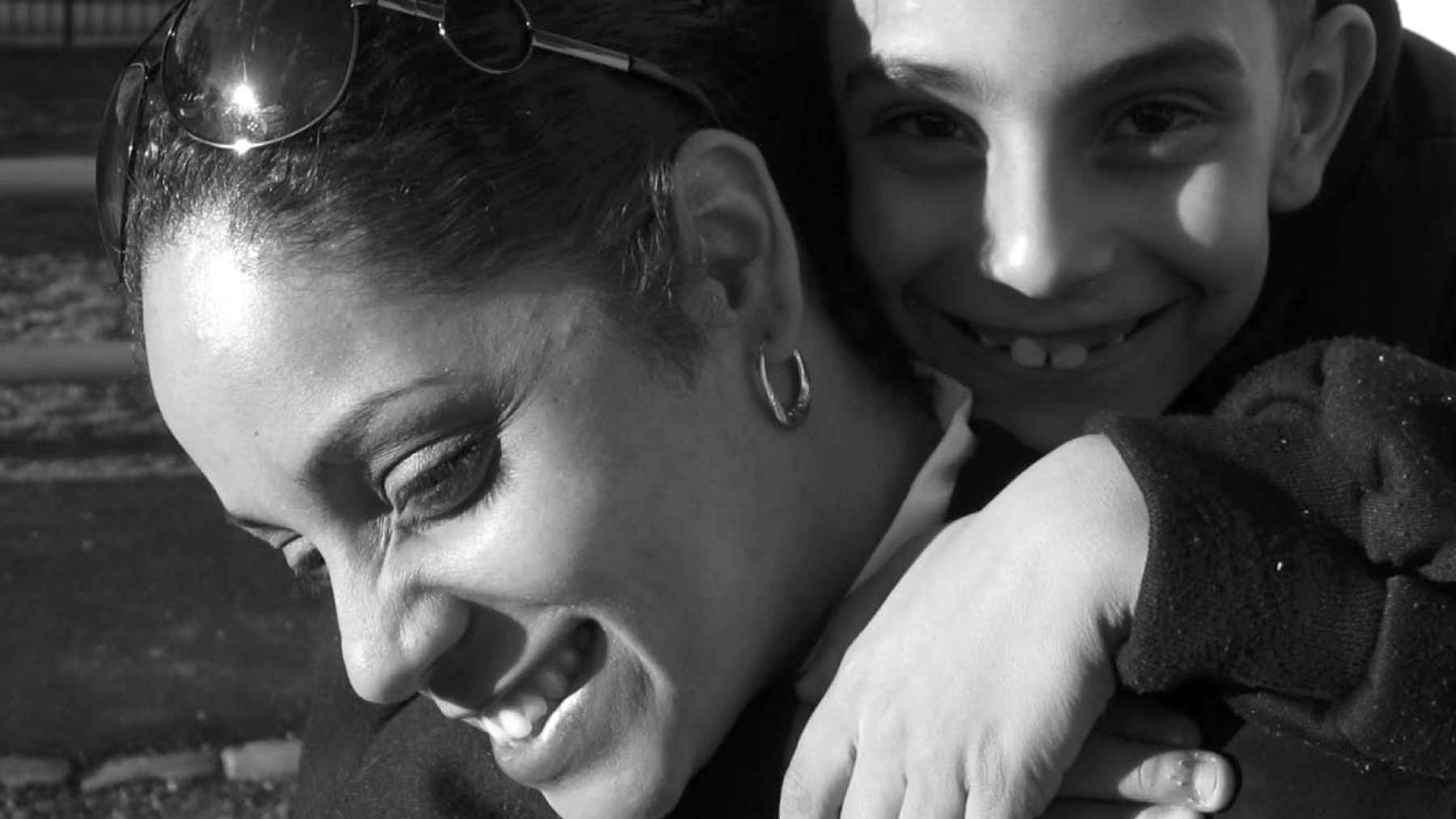OpEd: Invest in people, not prisons
“As the state makes its final budget decisions in the next few weeks, I hope it will please put this money in the hands of people that can best prevent the disparities that I see on a day to day basis. I hope it will use the money it has to invest in programs that will focus on alleviating the horrible Covid out-break in the prison by creating opportunities so people who shouldn’t be incarcerated can get out. And I hope the people making these decisions will listen to the perspectives of the people they are trying to help.”
December 3, 2020, 2:21 pm
By Koren Carbuccia
Please go to the OpenDoors website or Facebook page for more information and for ways to get involved.
Nine out of ten times when someone calls me from prison, they are nervous because they have nowhere to go when they get out. Sometimes, they are actually sitting in prison unable to be released until they find a place to live. One gentleman has been waiting for an open bed with us for months even though he has received parole, unable to leave prison without a place to go. He is in Maximum Security and suffers from serious pre-existing conditions, and with the Covid outbreak there, he has likely been infected.
He, like many others, is in prison and at risk of Covid not for any legal reason, but just because there are no appropriate housing options available. I received another call recently from someone who was waiting in the Intake Center until the courts found a place for him. He went back and forth from prison to court for over a month until he ended up being released to homelessness. After a few days of walking around in the cold, he checked into the hospital, unable to walk, where he is staying as long as he can because he doesn’t have anywhere to be released to.
There is simply not enough housing, and too many people getting out of jail. With so few resources, it’s critical we spend the money we have in a way that will get real results. Right now, instead, the state is proposing to spend around $623,000 a year to replace community providers with new Department of Corrections (DOC) discharge planning staff. As someone who has received discharge planning themselves as I prepared for release from prison years ago, and who now, as the Program Coordinator at OpenDoors, provides these supports, I disagree with this proposal. And frankly, I don’t know anyone who has been in prison that thinks the best way to help people being released from prison is to put more money in the DOC budget.
In 2004, I was being released after serving three years in prison. I was given a referral to OpenDoors where I received the support and the resources I needed. I have never returned to prison because I had people to guide me through this process, people that looked like me and had walked the same path I had been in. That level of understanding is what allowed me to have the courage to go in and get help.
I have now worked in the social service field for the last fifteen years. I was a Certified Nurse’s Aid, a Substance Abuse Counselor, and now am a Certified Community Health Worker and Peer Recovery Specialist. I am trained and licensed by the state specifically in how to help support someone as a peer, as someone who can understand what they have been through.
Despite all this experience, I have tried to apply for many state positions, and I’ve always been denied because of my criminal record. I can guarantee these new discharge planning jobs will not go to people like me, people with lived experience. I know this to be true–because it is what happened to me. Two years ago, I was offered a position as a discharge planner. At the time, I was working for another prison reentry agency, and I left that job for this new opportunity that had been promised me. When the DOC administration reviewed my application requesting permission to continue to be allowed to enter the ACI, it was denied, leaving me unemployed.
Law has no emotion. From the police who arrest you to the guard who opens the door to let you out, to the probation officer who tells you when to check in, you are told what to do. There is resistance by people in prison to be open and honest with someone that works for the DOC because they fear that control. In contrast, the key component I’ve learned throughout these years, is that people will be the most successful when you encourage them to be an advocate for themselves. A peer is able to work through your plans and worries with you, instead of telling you what to do, and then continue to provide support when you get out.
I have attended many official reentry meetings, where people that are recently released meet with the police, probation officers, and community providers, and I’ve seen how un-inviting those environments are for people with records. Although everyone has good intentions, I can see the men and women told that they have to be there just waiting to leave. I imagine some of the women I work with, who end up going back to the homes of their abusers after release from prison because they have no other option. They would not trust someone working for the Department of Corrections enough to tell them that their original plan didn’t work out, for fear of being locked up. We still have a long way to go to build community trust with people in positions of authority.
There are plenty of challenges after coming home from prison, but it is doable, and I can attest to that personally. My biggest success with helping people is letting them know their rights, and a person that feels they have no rights is less likely to succeed. Just recently, I worked with an individual that started calling me while he was in prison. He was saying that he didn’t want to go back to the life that led him there and he had no idea what stable housing was. He was scared and anxious that he would be homeless and start using again, and his mom was not sure how to help him. I was able to coordinate sober housing for him with the assistance of his family, and as soon as he was released he couldn’t wait to call me to tell me how happy he was to have a place to stay. He now knows he has a right to experience hope.
As the state makes its final budget decisions in the next few weeks, I hope it will please put this money in the hands of people that can best prevent the disparities that I see on a day to day basis. I hope it will use the money it has to invest in programs that will focus on alleviating the horrible Covid out-break in the prison by creating opportunities so people who shouldn’t be incarcerated can get out. And I hope the people making these decisions will listen to the perspectives of the people they are trying to help.
[Photo by Richard Goulis from My First Vote]
Was this article of value?
We are an reader-supported publication with no paywalls or fees to read our content. We rely instead on generous donations from readers like you. Please help support us.


